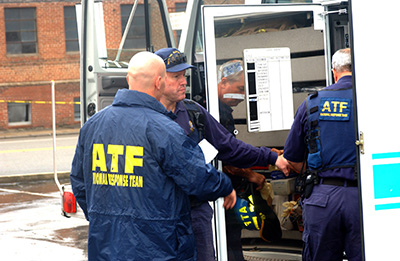Britain is said to be ‘winning the war’ against tobacco smugglers who supply addicted smokers deliberately pushed out of the licit market by government policies aimed at making cigarettes too expensive for the financially less well off.
According to a story by Denis Campbell for The Guardian quoting a report on the illicit tobacco trade by the all parliamentary group on smoking and health, 20 per cent of the cigarettes smoked in Britain during 2000 came from the black market, whereas by 2010-11 the illicit share had fallen to nine per cent.
Over the same period, the group was said to have found that the share of the UK’s hand-rolling tobacco accounted for by the illicit trade fell from 60 per cent to 38 per cent.
The group put the drop in the illicit trade down to joint action by HM Revenue & Customs and the UK Border Agency, partnerships involving local police forces, councils and National Health Service organizations.
Meanwhile, the Tobacco Manufacturers’ Association claimed that more recent data showed that the level of cigarettes consumed that were not UK tax paid [some of which would have been imported legally] had risen from 17 per cent in 2011 to 21 per cent in 2012.
Two things stand out. One is that it is not clear whether it is the illicit trade of the UK or of just Britain that has been studied. Taken at face value, the group looked at the illicit trade in cigarettes in Britain and the illicit trade in hand-rolling tobacco in the UK, whereas the TMA-quoted data is about illicit cigarettes in the UK.
The other is that the various factions in this debate are currently jockeying for position ahead of the government’s decision on whether to impose standardized tobacco packaging. A low level of illicit trade in tobacco products would, in some people’s view, tend to favor such an imposition, while a high level would, in other people’s view, tend to argue against standardized packaging.







